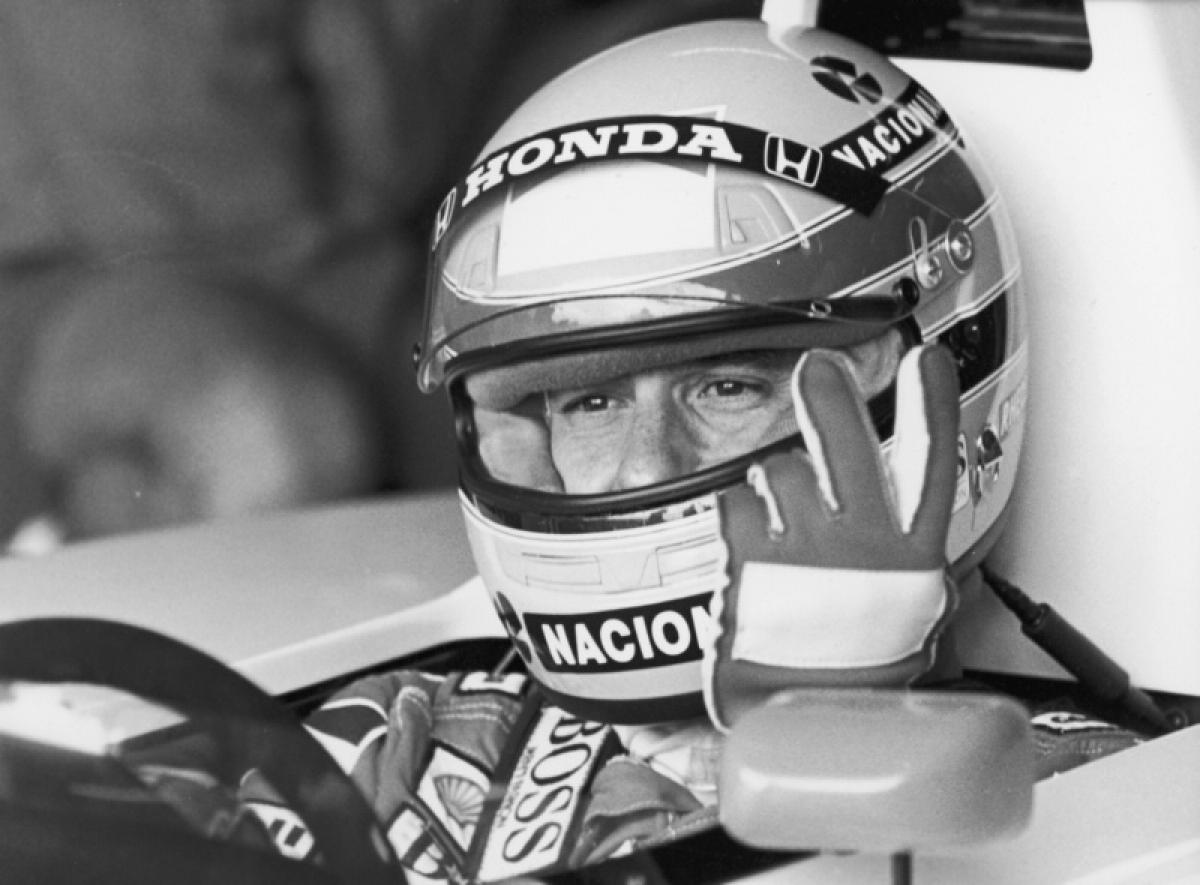'Ayrton Senna: All His Races' F1 book review

More coffee-table book than encyclopaedia, Ayrton Senna: All His Races, has been designed with enjoyment in mind, not the dry regurgitation of data. Which should not imply that Tony Dodgins has failed to do his research - far from it.
Instead, the book is far greater than its title suggests, bringing together glorious photographs, thumbnail sketches of every race of Senna's career, and a collection of vignettes that present a well-rounded picture of the Brazilian superstar using the memories of those who knew him best.
After touching briefly on Senna's early years as a racer, Dodgins begins with a look at the World Karting Championship that proved elusive despite five attempts, before settling down to a race-by-race examination of Senna's career in cars, beginning with Formula Ford 1600 in 1981. Each year is contained within a chapter, and the short summaries of each race are peppered with the recollections of those who were involved.
Terry Fullerton gives his insight on what Senna was like as a nascent racing driver, blisteringly quick in karts but still in the process of adding to his raw pace with the tricks and techniques that would make him unassailable on track. Others asked about the early years include Formula Ford team boss Ralph Firman and rivals Martin Brundle and Tommy Byrne, and their reflections see Senna leap from the page, a larger than life figure both on track and off, a man whose greatest strengths - passion, ferocious self-belief, the need to win - were also his biggest weaknesses.
Fellow drivers are interviewed throughout the book, and common themes emerge. While Senna's prodigious natural talent was praised by all, the majority also pointed out that the Brazilian was an easy man to destabilise, vulnerable to mind games and liable to be forced into making a mistake. As he progressed through his F1 career Senna became more adept at the psychology of the F1 Piranha Club, using similar tricks to destabilise his rivals as he retreated into a shrinking inner circle of those he felt he could trust.
For all that Dodgins' book celebrates Senna, it does not canonise him. Certain key moments are examined in greater depth, with the negative given as much attention as the positive. There is no doubting the author's personal allegiances when it comes to the events of Suzuka in 1989 and 1990, but the subject is treated fairly and Alain Prost not lazily cast into the role of demon.
What Dodgins has achieved with Ayrton Senna: All His Races is to turn what could have been a reference book into more of a story book. The facts and figures are easily found, and all races covered by at least a paragraph of description, so the book could be used to settle almost any Senna-related argument you could care to mention.
But the real magic is to be found between the races, in the memories of those who were with Senna as he was getting strapped into the car, or as he slammed his way back to the motorhome after a bad result. By not shying away from including some of the less flattering stories, Dodgins represents Senna as less of a racing god, and more of an incredibly talented - and incredibly complex - human being, both frail and strong.
It is a mark of respect to both subject and reader, and a fitting celebration of Senna on the twentieth anniversary of his untimely death.







